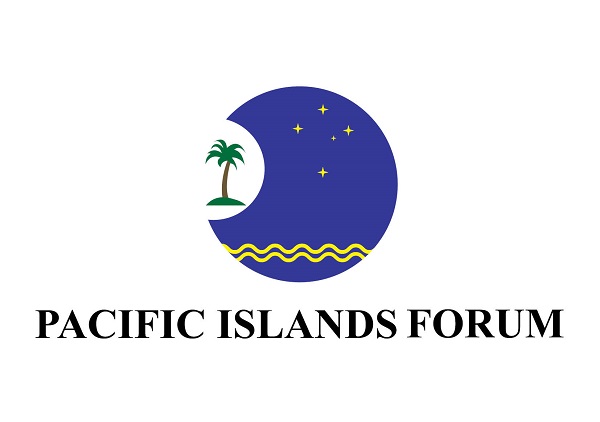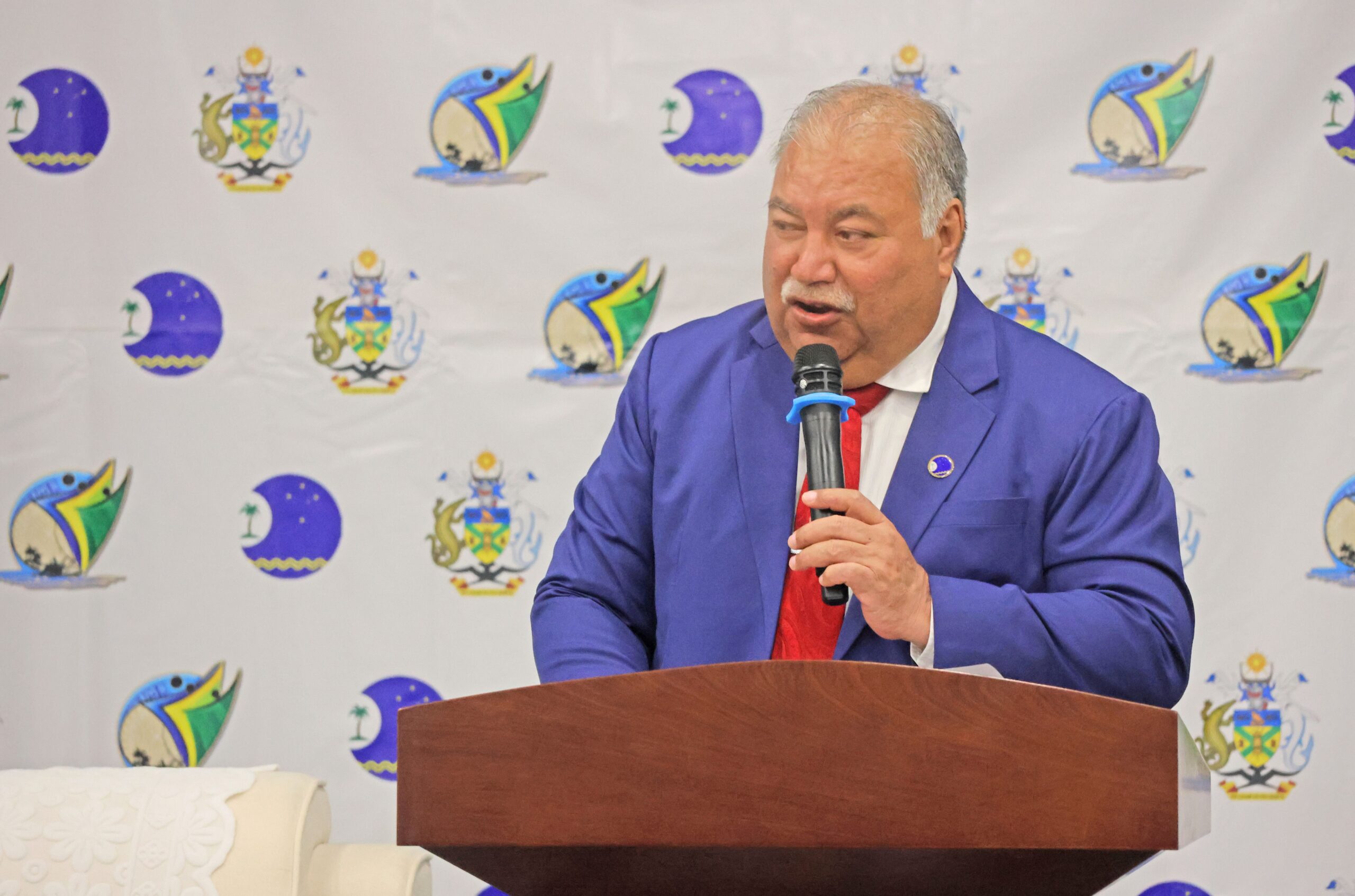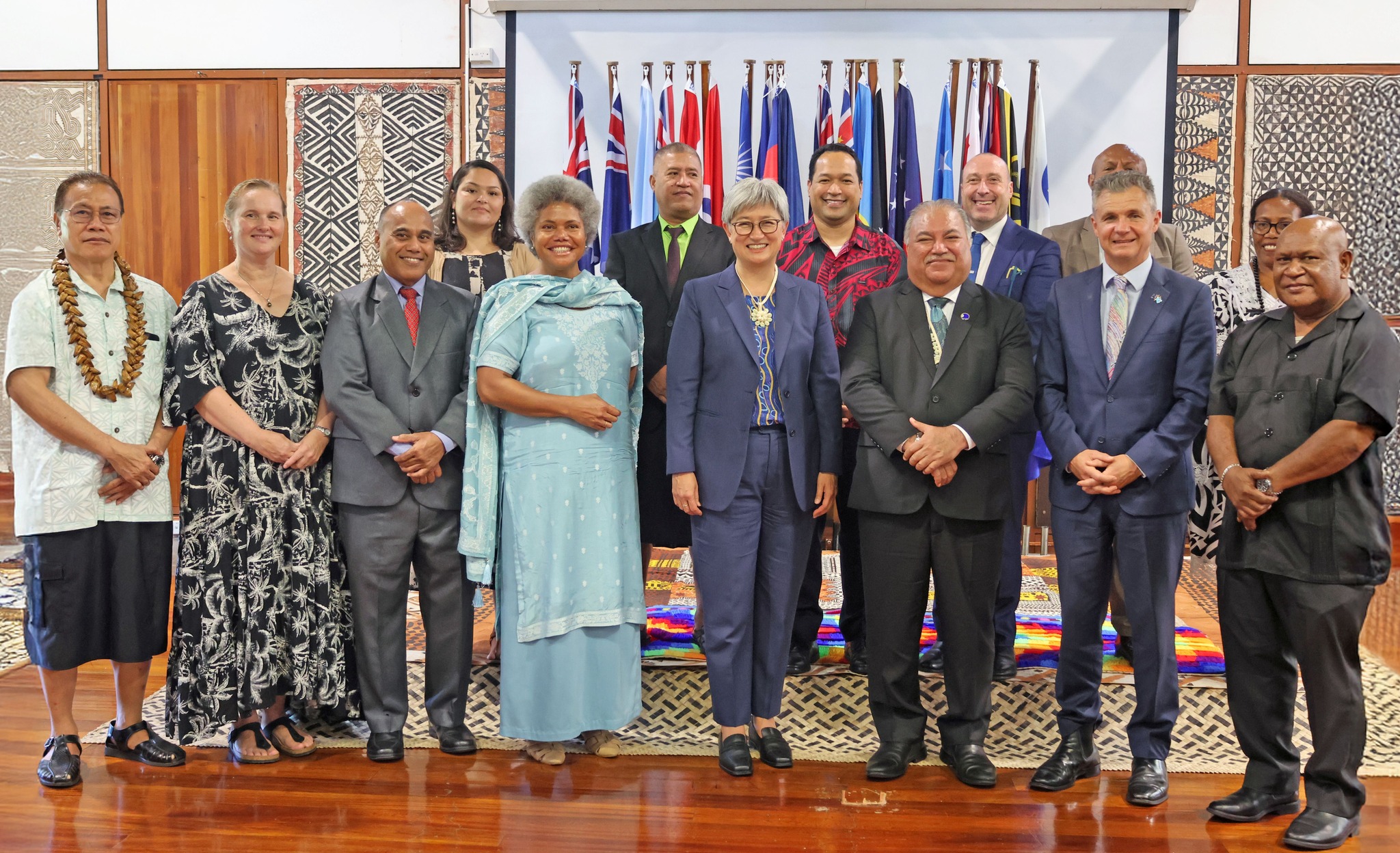by Tusi Tala, Staff Writer
The Pacific Islands Forum (PIF) serves as a crucial platform for dialogue and cooperation among the nations of the Pacific region. Among the members, Australia and New Zealand have wielded significant influence, both historically and politically. Their involvement in the forum has shaped policies, agendas, and priorities, impacting the entire region. This article explores the incredibly strong influence that Australia and New Zealand have in the Pacific Islands Forum, highlighting key leaders such as Cook Islands PM, Mark Brown and others were either born or educated in these countries and how their agendas can dictate pertinent issues from the backdrops such as resisting French and Chinese presence in the Pacific.
Australia and New Zealand have deep historical ties to the Pacific region. As former colonial powers, they have played a pivotal role in shaping the political, economic, and social landscapes of many Pacific Island nations. Their strategic interests in the region, coupled with their economic and military capabilities, have positioned them as key players in Pacific affairs. They also may use soft power and other methods to ferment resistance to French or Chinese involvement in the Pacific but at the same time assist and encourage American involvement.
Several key leaders from Australia and New Zealand have been prominent figures within the Pacific Islands Forum. These leaders have brought their perspectives, experiences, and priorities to the forum, influencing its direction and decisions. Notable figures include former Australian Prime Minister Kevin Rudd and former New Zealand Prime Minister Helen Clark, both of whom have actively engaged with Pacific Island nations on various issues. The Scott Morrison government neglected the Pacific somewhat but now due to growing Chinese involvement the Albanese government is endeavoring to rekindle relations and boost it’s aid programs and presence.
The agendas of Australia and New Zealand within the Pacific Islands Forum can have a significant impact on the region’s focus and priorities. Issues such as resisting French colonialism and military presence in the Pacific have been areas of contention and debate within the forum. Both Australia and New Zealand have been vocal in their support for the sovereignty and self-determination of Pacific Island nations, often advocating for greater autonomy and independence from external influences.
Resisting French Colonialism and Military Presence: The presence of French territories in the Pacific, notably New Caledonia and French Polynesia, has been a point of concern for Australia and New Zealand. Through proxies like Cook Islands PM, Mark Brown they hope to send a ”fact finding” mission to New Caledonia soon although permission would have to be approved by France. Both countries have expressed support for the decolonization and self-determination of these territories, urging France to respect the rights and aspirations of the local populations. Additionally, the military presence of France in the region, including its previous nuclear testing activities, has raised concerns among Pacific Island nations and their allies.
Australia and New Zealand’s influence in the Pacific Islands Forum is undeniable, shaping the region’s political dynamics and priorities. Through key leaders, agendas, and advocacy efforts, these countries have played a crucial role in addressing pressing issues such as resisting French and Chinese presence in the Pacific. Australia and New Zealand warmly welcome expanded US involvement at the same time.













